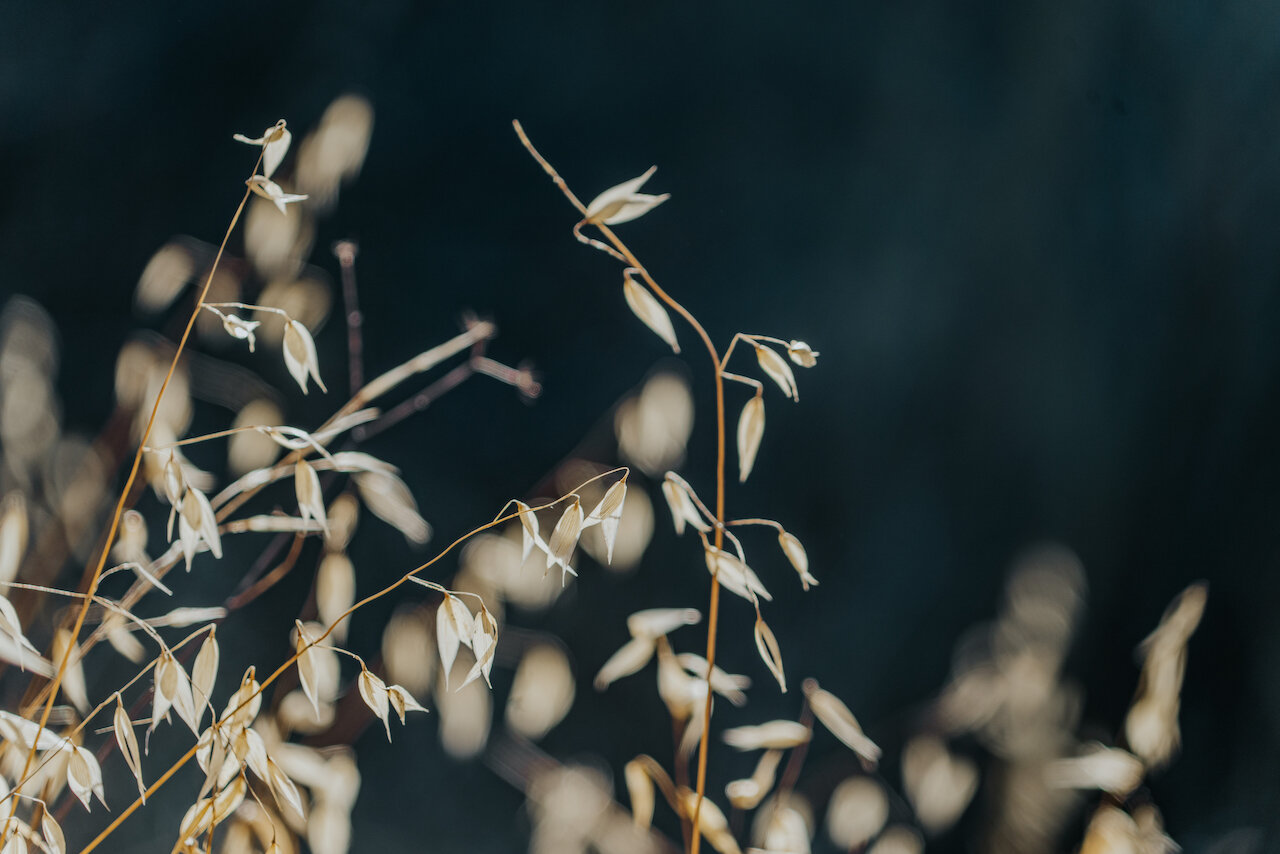This content is sponsored by Herbal Essences — as always, all thoughts and opinions are my own.
October is Blindness Awareness Month, and today is World Sight Day — an incredibly important day for me and millions of other blind and vision impaired people around the globe. I was diagnosed with retinitis pigmentosa (commonly referred to as RP) in 2010 — an incredibly rare condition slowly rendering me blind. Read my diagnosis story here if you’re interested in hearing the backstory!
A few stats about blindness and visual impairment:
● 285 million people worldwide are vision impaired, according to the World Health Organization
● 217 million people worldwide are ‘severely’ vision impaired (I would fall into this category)
● 39 million people worldwide are blind
● Visual impairment is not the same thing as needing glasses or contacts. If you’re able to fix your bad eyesight with a prescription, you are not legally blind!
And about retinitis pigmentosa:
● 100,000 people in the US have retinitis pigmentosa, according to the Foundation Fighting Blindness
● It’s a genetic condition that often runs in families
● The photoreceptor cells in the retina (rods and cones) are affected, creating symptoms that vary a bit from patient to patient
● Typical symptoms include loss of peripheral vision, night vision, glare + depth perception issues
● RP is degenerative, meaning it worsens over time — it leads to progressive vision loss, and sometimes blindness
● No treatment or cure is known at this time
Since my diagnosis almost a decade ago, I have honestly not noticed a significant progression in my vision loss. I even participated in a four-year clinical trial hosted by my opthalmologist Dr. Jacque Duncan of UCSF a few years back, and at the end of the trial period, she told me my vision had not altered. I’ve written blog posts on here about this — how it seemed essentially miraculous that I hadn’t experienced significant change and that my vision has been relatively stable since the initial diagnosis. RP symptoms vary from patient to patient, so there’s not a guaranteed “timeline” of when things will get worse.
It was during our first Truckee Thursdays of the summer, earlier this June, that I noticed something was different.
I had set up a booth at the summer street festival in our hometown every year for the past four years. With little peripheral vision, navigating large crowds has always been challenging for me, but I rarely feel truly “impaired” on a day-to-day basis, aside from not being able to drive. Being able to work the booth: set it up, take it down, schmooze with people all night long, had not ever been especially challenging. Until recently.
Out of nowhere, I can visibly see a difference in my vision, both in my peripheral and night vision. I’m noticing I am hanging back more: I have a slower time being able to adjust to my surroundings and scanning is taking more time and energy. I now need to hold onto Nick’s arm almost all the time when we’re walking into unfamiliar and dimly lit places. I am knocking things over more frequently (including a full wine glass all over my mother-in-law’s dining room chairs the other night… not fun) and feeling more timid about outdoor activities. With these physical changes, comes emotional and spiritual adjustments as well. I can literally remember what it was like to see better a mere few months back.
It feels like I’m processing my diagnosis all over again.
I have an appointment scheduled with my opthalmologist this December to try and figure out what is going on, but the reality is that it’s not unusual in my condition for years to go by with no significant change, then notice progressive changes swiftly. As my therapist recently said, it sucks.
Given all this, I’m especially grateful to see brands like Herbal Essences embrace inclusivity and create products that are friendlier for the blind, in a world that tends to forget about the vision impaired community. These shampoo and conditioner bottles have subtle etchings on the back (circles = condition, stripes = shampoo), so people who can’t see in the shower can differentiate which is which. SO AWESOME. By 2020, Herbal Essences has committed to including tactile indentations on all their shampoo and conditioner bottles to help vision impaired people do their hair and feel beautiful every day – you can purchase them now on Amazon. They’re also redesigning their website to be accessible for the VI community, and they’re already using Instagram’s Alternative Text feature. I’m hoping it’s changes like this that pave the way for other brands to make products that are more accessible to the blind community.
If you are blind or vision impaired or know someone who is, check out the Be My Eyes App here today. It’s a free app that connects blind and low vision individuals with sighted volunteers and companies through a live video call. Herbal Essences has trained people on call ready to answer your personal hair care questions on Be My Eyes! Also, Herbal Essences is introducing an Alexa skill that allows customers to ask questions about Herbal Essences bio:renew products, ingredients and benefits. We live in such a technologically advanced age; it’s incredible to see technology make life easier for the disabled community who fight for independence and inclusivity every day.
As always, thanks for the support. It truly does mean the world to me. If you have additional questions about retinitis pigmentosa, or about Herbal Essences products, feel free to leave me a comment below!




